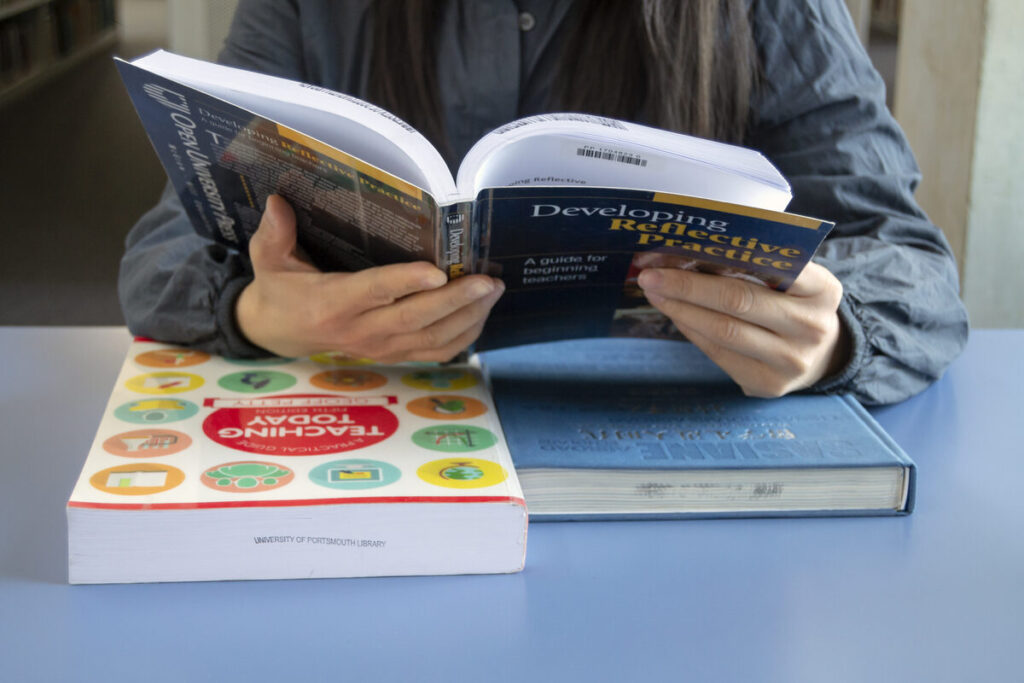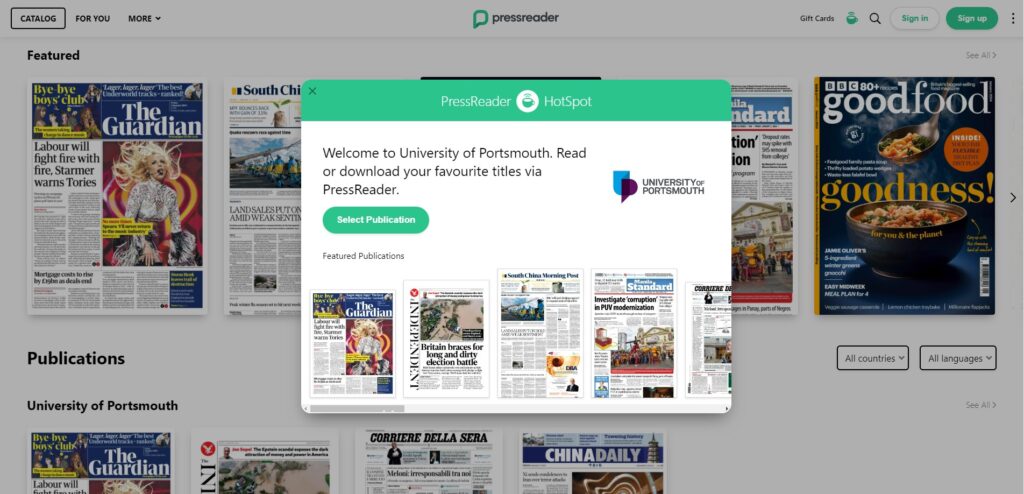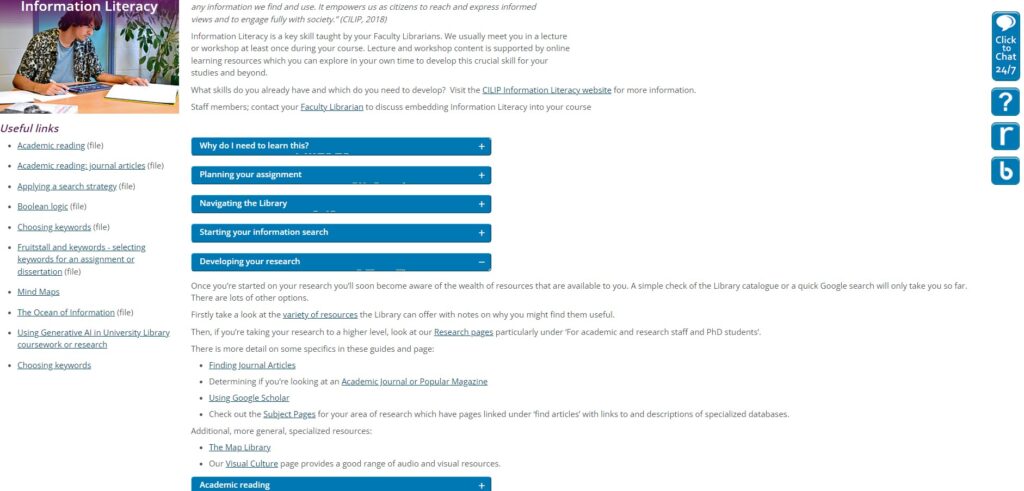New Year’s resolutions?
Some people love the fresh start of a new year and the idea of tackling something new or giving up something old. Others hate the idea of the pressure or fear of finding they have given up by the second week of January, or feel that they can make resolutions to change at any time (and perhaps more suitable times than mid-winter!).
Whatever your views – and let us know in the comments below or on social media – there are things you can do to improve your chances of success on your course. Naturally, we’re approaching it from a Library angle, but you might want to expand into other parts of your studies at Portsmouth. If you’ve already started doing them, you might want to consider how you can improve.
1. Browse yourself lucky
Make use of the serendipity the physical Library offers by browsing shelves near your course material (use our handy ‘search by keyword’ subject finder to find where your books are shelved) rather than relying on the catalogue to go straight to a book. There may be relevant, interesting and useful material that will widen your knowledge and sharpen your thinking. You could even go further afield to more distant shelves and see what grabs your interest elsewhere.

2. Check out our current journals
Visit the Library café and browse the periodicals on display. You can often find things of interest even if they’re not directly related to your course. This will again widen your reading and knowledge and help give you better insights into the world around you. Try skimming a copy of New Scientist, Writing Magazine or fully illustrated movie magazine Beneficial Shock! for inspiration and a different perspective on life.

3. Read an online magazine
You can do something very similar online using PressReader to browse thousands of online magazines or by searching one of our ebook platforms, such as Ebook Central, for words you might not ordinarily search for on your course. Perhaps a periodical or a website or a podcast has piqued your interest on a topic and you’d like to find out more. See what one of our databases or ebook collections has to say on the subject.

4. Snoop through another subject page
Your Faculty Librarian will be delighted to hear that you’ve been using the relevant Subject Page for your course (see the Subjects tab on the Library homepage), but have you thought about exploring other subject pages to find databases you didn’t know about to find information you’d not otherwise have found? A student in CCI for example might find that there’s a legal aspect to what they’re doing, or if you’re on a business course there might be computing aspects worth exploring. Different subject pages open up whole new worlds of information for cross-disciplinary studies.

5. Take a step back and appreciate the bigger picture
It’s all too easy to get focussed on ‘getting through’ your next assignment, but what if there were some tools to help you see the bigger picture and approach your assignments and projects with a better understanding of process and practice. There are! See our Information Literacy pages.

6. Explore our Special Collections
And don’t miss our Special Collections (another tab on the Library homepage) which really lets you explore more widely – maps, non-English language books, historical archives! Broadening your horizons can be good for your mental health as well as additional vantage points for assignments or dissertations.

Finally, if all that’s too much, we’ve handily suggested six things, so you can pick just one to focus on by rolling a die… see where serendipity takes you!




Leave a Comment (note: all comments are moderated)